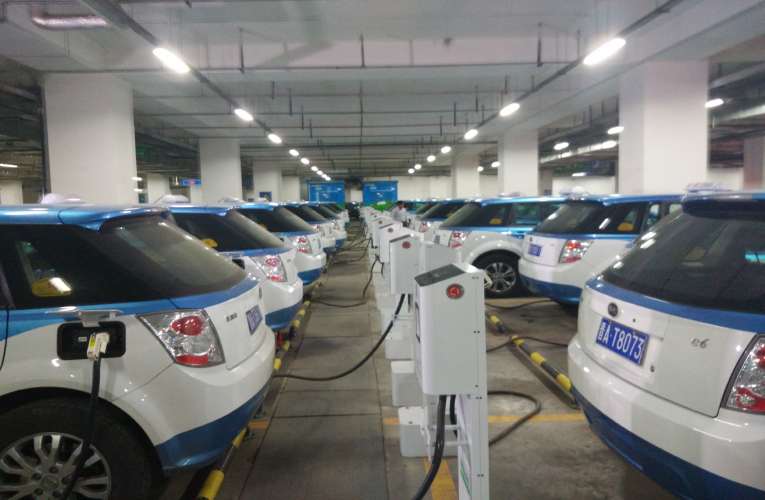
Companies such as BYD and GWM are aiming to create huge employment opportunities in Thailand and also provide a greener economy
In the Southeast Asian region, Thailand blows its own trumpet of being the biggest automobile manufacturer, which has more than sixty years of experience in vehicle assembly and manufacturing. Around two million vehicles are manufactured by Thailand every year, which is half of the Southeast Asian market, according to a report by KrAsia.
Therefore, the automobile companies in China are trying relentlessly to take the advantages of Thailand’s experience in this sector. Now, while speaking of the electric vehicle industry, the electric car firms in China have roughly invested USD 1.44 billion to form manufacturing units in Thailand. Experts therefore claim that this strategy of China could adversely affect the dominance of Japanese automobile firms over the Southeast Asian region, mostly in manufacturing.
The KrAsia report also added that Thailand has been working hard to establish itself as “Detroit of the East" from 2008. In an effort to meet the same, the government has ordered for a higher duty on imported cars, while at the same time, levied exemption on taxes on cars manufactured within the country. It provided a huge benefit to the manufacturers to invest massively in the domestic supply chain. The government is also planning to wind up sales of ICE vehicles by the end of 2035 and 50 percent of vehicles should be electric by the first half of 2030.
The Japanese car-maker Nissan revealed a survey report in 2018, which showcased that 44 percent of consumers in Thailand are willing to buy an EV. Therefore, the picture is obvious that although the EV market is yet to fully develop in the country, people have already made up their minds to opt for the same.
Most importantly, Thailand is equipped with a tropical monsoon climate and the average temperature ranges from 24 to 30 degrees celsius, which offers an added advantage for the growth of EVs. Now, on the other hand rival China faces a huge challenge in this aspect and faces a lot of difficulty with decreased battery ranges due to cold weather.
Car-makers in China have devised some key strategies to make a strong presence in Thailand's EV industry. For instance, BYD, China’s biggest EV firm has introduced fleets of e-taxis in the country and then slowly expanded the market to e-buses and forklifts. In association with REVER automotive, BYD commenced 33 outlets all through the country. Another global Chinese auto firm GWM started investing massively in supply chains and the first vehicle of the company sold in Thailand was manufactured in-house.
According to GWM, the purchase of the manufacturing plant in Rayong has been modified into a smart factory. The unit has the potential to produce a range of hybrid, plug-in hybrid, and electric vehicles, and also the conventional ICE cars. Also GWM is now looking forward to cst-up another EV battery assembly factory in the country whose production is expected to commence by 2024 or 2025.
Companies such as BYD and GWM are aiming to create huge employment opportunities in Thailand and also provide a greener economy. The car models of these companies are furnished with sophisticated features such as driver-assistance systems and internet connectivity, which are not that common in Thailand.

